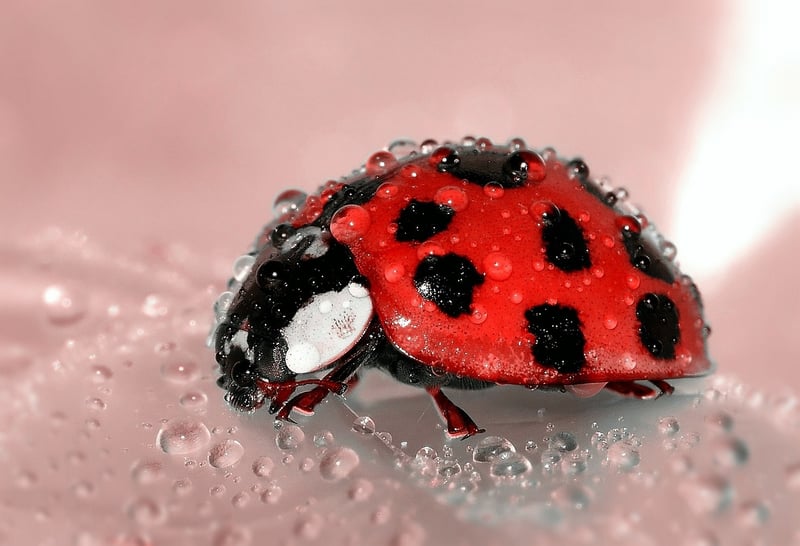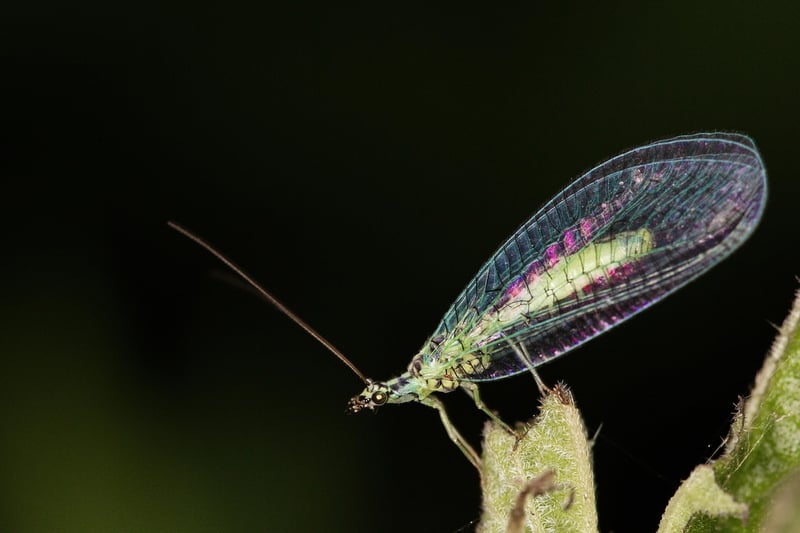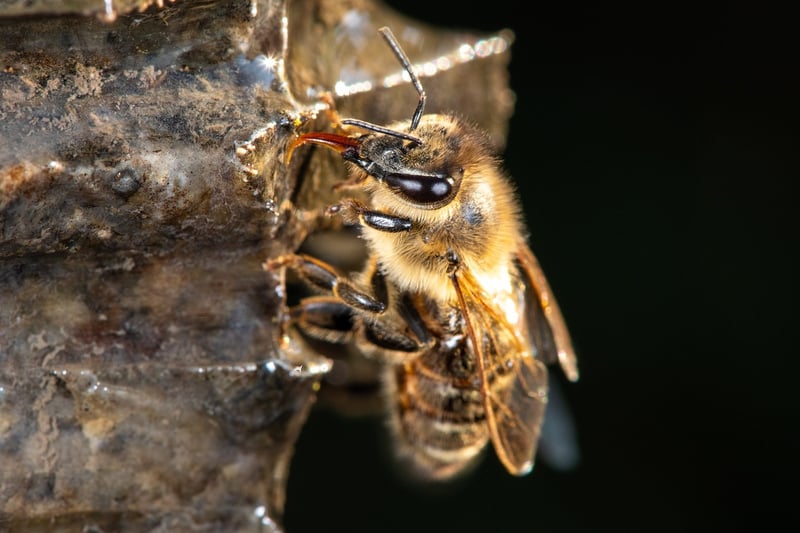Beneficial Insects
Protecting Your Urban Garden from Pests + Beneficial Insects
Urban gardens are a wonderful way to bring greenery and fresh produce into city living. However, pests can often wreak havoc on your plants, threatening all your hard work. In this guide, we will explore how to protect your urban garden from pests while also harnessing the power of beneficial insects to maintain a healthy and thriving garden.
Identifying Common Garden Pests
Before you can effectively protect your garden from pests, it's essential to know what you're dealing with. Common garden pests include aphids, caterpillars, slugs, snails, and beetles. Keep an eye out for any signs of damage to your plants, such as holes in leaves, yellowing, or wilting.
Natural Pest Control Methods
Instead of resorting to harsh chemicals that can harm the environment and beneficial insects, opt for natural pest control methods. Introduce plants that repel pests, such as marigolds and lavender. You can also use organic insecticidal soaps or neem oil to deter pests without harming your plants.
Attracting Beneficial Insects
Beneficial insects, such as ladybugs, lacewings, and bees, play a crucial role in maintaining a healthy garden ecosystem. Planting flowers like daisies, sunflowers, and coneflowers can attract these helpful insects to your garden. They prey on common pests, keeping their populations in check naturally.
Companion Planting
Companion planting involves strategically planting different species together to benefit each other. For example, planting basil near tomatoes can help repel pests that commonly affect tomato plants. Research companion planting combinations that can help protect your garden from pests.
Regular Maintenance
Regularly inspect your plants for any signs of pest infestation. Remove any affected leaves or plants to prevent the pests from spreading. Keep your garden clean and tidy, as debris can attract pests. Water your plants in the morning to prevent fungal diseases.
Conclusion
By implementing natural pest control methods, attracting beneficial insects, practicing companion planting, and maintaining your garden regularly, you can protect your urban garden from pests effectively. Remember that a healthy garden is a balanced ecosystem where both plants and insects coexist harmoniously.



